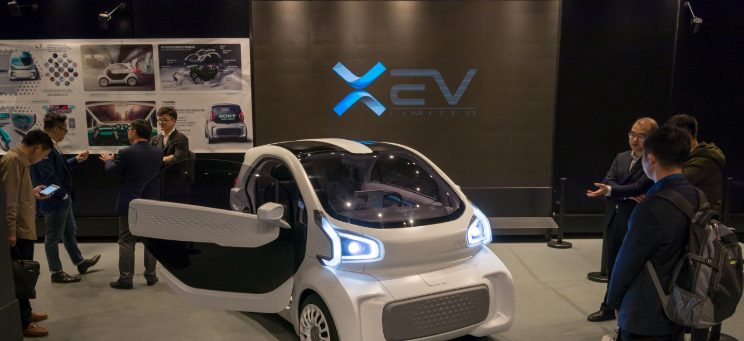
The car industry is witnessing a rapid convergence of fuel and wireless technologies; hence a number of innovative features are being included in vehicles to improve factors like performance, safety, and infotainment.
However, innovation often comes with a hefty price tag and it is only a privileged few who manage to enjoy the benefits. It will come as a surprise for many to learn that XEV, a Chinese carmaker, has come out with a 3D-Printed electric car that costs only $7500.
XEV's decision to launch a small electric vehicle was based on an extensive research if the global auto market. All the components except glass, seats, and chassis are manufactured by 3D - printing.
Dimensions
The height, length, and width of the LSEV are 1.5 meters, 2.53 meters, and 1.3 meters respectively. The weight of the vehicle is 450 kgs. and its top speed is 70 km / h. It is claimed that the vehicle has a range of 150 km respectively.
Who will be the key customers?
The XEV-designed low-speed electric vehicle is specifically designed for catering to the needs of the urban customer. The LSEV is basically a NEV (Neighbourhood Electric Vehicle) that can be efficiently used to travel short distances within the city.
Due to its slow speed and low-driving range, the LSEV cannot be considered as a 'full-fledged' car in the truest sense. The low price tag of the vehicle is its key selling point and it will appeal to price - sensitive segment.
Global Demand
Until now, XEV has received 7000 orders for its new 3D-printed LSEV. All these orders are from European customers and the Chinese company is tapping markets like Russia to achieve its goal. As of now, XEV is targeting only Asian and European markets. The car is due for production and the deliveries will begin only in 2019.
The deployment of 3D printing for the manufacture of low - cost electric car may be perceived as a welcome move by many car enthusiasts, it is not sure whether the idea will be immediately adopted across the globe.
Do you think that a 3D-printed electric vehicle will have the same quality as the conventional electric vehicle? Will it be able to compete with electric vehicles from Tesla? Please share your opinions by posting in the comment box below.




